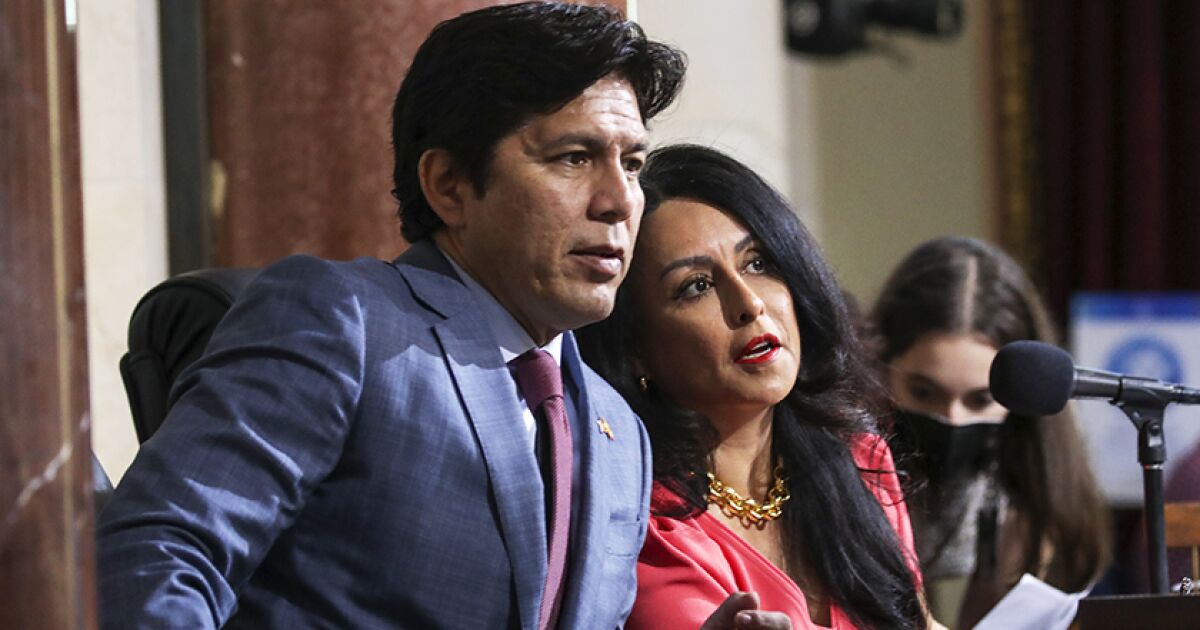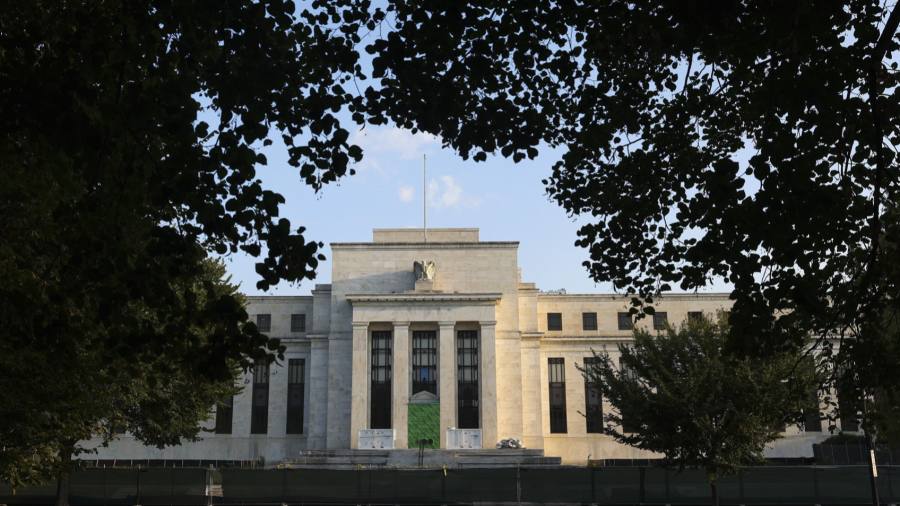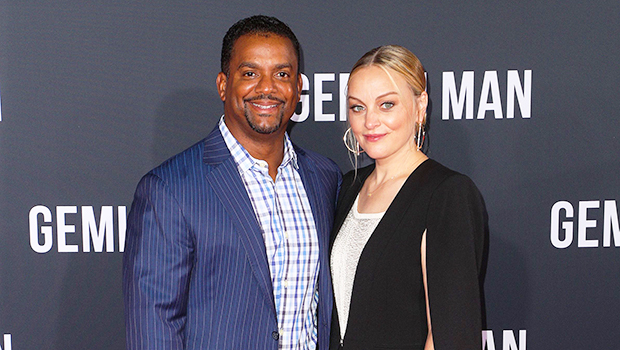We certainly know that violence has a long history. Chris Blattman, well known to EconTalk fans for his work on poverty, was struck that conditions in post-conflict situations look remarkably similar to other poor places. In looking for an answer to how to relieve poverty, Blattman’s work led him to ask why people fight. Who participates? Why do people fight? Why are individuals violent? And, then more and more, he asked: Why are groups violent?
In this episode, host Russ Roberts welcomes Blattman back to talk about his new book, Why We Fight. Roberts introduces the conversation by noting, “This book is in a tradition that I both love and am suspicious of, which is using the economist’s toolkit to understand various forms of human behavior.”
The conversation centers around the five reasons Blattman has identified that lead people to go to war. Both Roberts and Blattman agree that peace is preferable, so what sorts of incentives might lead to the costliest option of war. As Blattman says, “if we always assume everybody’s crazy, we’re not going to be very good at preventing future wars.” Let’s hear what you think about Blattman’s reasons. Use the prompts below to start a conversation, either here in the comments, or else offline.
1- The first reason Blattman cites he describes as a problem of imperfect information or miscalculation. What does this mean, and what examples does he use to illustrate this case?
2- The second reason for going to war Blattman describes as a commitment problem. Again, what does this mean, and what illustrative examples does he use? What does he mean when he claims there is “no passion” in either of these first two cases? Both Roberts and Blattman point out there are more conflicts that don’t happen than do. So why don’t we study or pay attention to these?
3. The third cause relates to unchecked leaders- when a leader doesn’t bear the costs of war or they have their own personal incentives to go to war. Why do leaders in democracies tend to be more accountable, and perhaps then less likely to choose war? What are some examples of this you can add to those discussed in the episode?
4. Blattman prefaces reasons 4 and 5 by asserting they are both overlooked and understudied by game theoreticians and economists. Why does this seem to be the case? What does Blattman mean by “differing stable preferences” (reason four)?
5. The final reason Blattman suggests for going to war he characterizes as mistakes and misperceptions, or persistent erroneous beliefs about the other side. Why is it so difficult for the parties involved to assess the relative strengths of their perceived opponents and the costs of war? To what extent do you agree that this is the most common error leading to war? Explain.
Bonus: Which of the five reasons for going to war as described by Blattman comes with the greatest chances of preserving peace? Why do you think so?
(0 COMMENTS)
Source link















